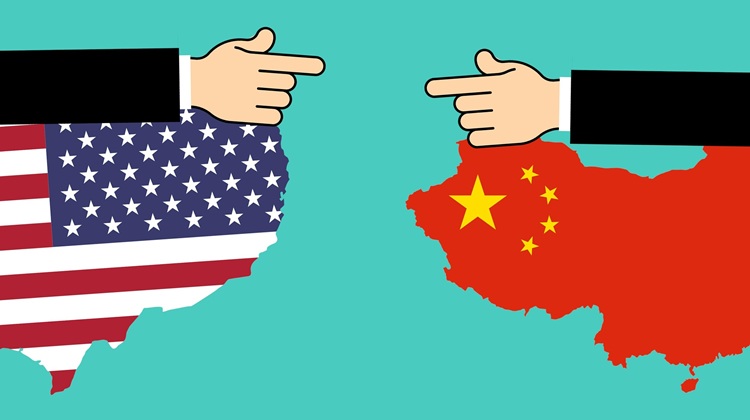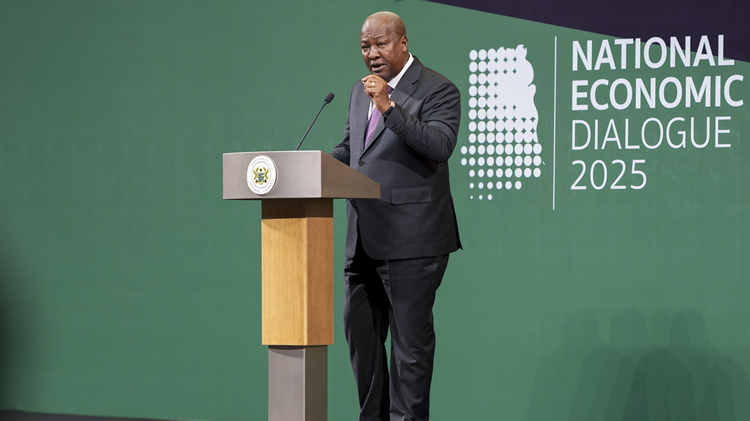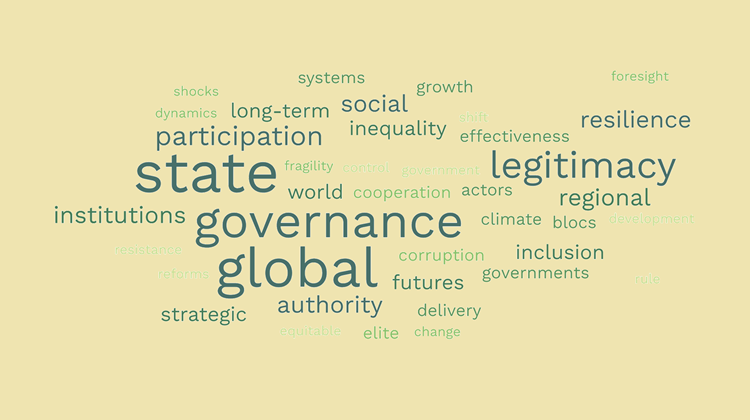South Africa’s AI dilemma: Bridging policy gaps for global leadership

Fragmented domestic AI policies risk undermining South Africa's G20 leadership potential, calling for urgent cohesion and action.
According to consulting company PwC, the global artificial intelligence (AI) market will grow from US$136.6 billion in 2023 to US$1.81 trillion by 2030. South Africa has expressed its ambition to lead global AI policy discussions as part of its G20 presidency and clearly intends to capture a share of these transformative opportunities. With several AI hubs, the country is well-positioned to lead in continental AI innovation but its fragmented domestic approach threatens to undermine its potential to leverage AI for economic growth and social development.
With several AI hubs, South Africa is well-positioned to remain at the forefront of continental AI innovation
Achieving this potential requires a clear policy that addresses critical infrastructural and structural gaps. A cohesive and forward-looking AI policy framework would not only drive innovation but ensure inclusivity and equity in leveraging AI-driven opportunities by investing in upskilling its workforce with relevant AI-related skills through accessible education and training programmes.
Despite strengths in data infrastructure and technological advancement, South Africa lags in governance and policy readiness—key pillars for fostering AI growth. Governance readiness refers to a country's ability to establish laws, ethical standards and capacity-building initiatives necessary for the effective and responsible implementation of AI technologies. According to the Oxford Insights AI Readiness Index 2023, South Africa ranks second after Mauritius in sub-Saharan Africa, yet the Cisco AI Readiness Index reveals that nearly 49% of South African organisations are classified as Followers or Laggards (unprepared) in governance readiness. Only 16% are seen as Pacesetters which means that these organisations have strong governance frameworks and proactive investment in AI research and stakeholder collaboration. These governance gaps severely undermine the potential for innovation and economic growth, signalling an urgent need for better AI policymaking and determined implementation.
The Department of Communications and Digital Technologies (DCDT) released an AI Planning Discussion Document in April 2024 to encourage collaboration between the public and private sectors. Critics highlighted glaring errors, unfinished ideas, and a failure to connect with the Draft National Data and Cloud Policy which focuses on digitising government data, migrating IT services to the cloud, and improving digital services for citizens through a centralised high-performance computing centre.
A draft AI Policy Framework followed in mid-August 2024 which highlighted twelve key pillars to balance AI's benefits with ethical, social and economic considerations. It emphasises “human-centred AI” that supports, rather than replaces, human decision-making and stresses the need for capacity building and inclusive economic growth. Nevertheless, it too faced criticism for its top-down approach, dysfunctional website, absence of a clear methodology and lack of alignment with international strategies like the UN Secretary-General’s Roadmap for Digital Cooperation, the UNESCO Recommendation on the Ethics of Artificial Intelligence, and the African Union’s Continental AI Strategy. In addition, DCDT failed to gazette the framework or explain these oversights. The public consultation closed on November 29, but, the department has yet to offer updates on the process or timeline for reviewing stakeholder feedback.
For its part, DCDT appears to be distracted and singularly focused on other high-profile domestic political issues, such as the South African Broadcasting Corporation (SABC) Bill, which was withdrawn without notice by the newly appointed Minister of Communication and Digital Technologies, Mr Solly Malatsi. Malatsi is a member of the Democratic Alliance which was in opposition benches until the party joined the Government of National Unity (GNU) shortly after the May 2024 elections that saw support for the African National Congress drop by seventeen percentage points. Malatsi raised several concerns about the SABC Bill, writing to Parliament Speaker Thoko Didiza to highlight that it had “several flaws” and had been the subject of “much criticism” from a range of stakeholders. These criticisms centred on issues of financial sustainability, editorial independence and political interference at the public broadcaster. Deputy President Paul Mashatile (from the ANC) has since written to Parliament, effectively overruling Malatsi’s attempt to withdraw the SABC Bill.
The discord within the GNU is further exemplified by the standoff between the ANC and DA over the Basic Education Laws Amendment (BELA) Act. While President Cyril Ramaphosa signed the Act into law on September 13, its implementation was delayed for three months to allow consultations on contentious clauses regarding language policy and the autonomy of school governing bodies. The tensions raise questions about the GNU’s ideological divides, alignment on critical governance matters and capacity to deliver timely and effective policy outcomes, casting doubt on its long-term viability.
Instead of coherence, the disputes within the GNU appear to detract from broader strategic imperatives, such as digital transformation. In the process, critical opportunities in leadership on AI could slip through South Africa’s fingers.
The government’s inconsistent approach, marked by delays, lack of transparency and lack of coordination, undermines South Africa’s ability to position itself as a leader in the global AI arena, where substance and clarity are essential for credibility and influence.
Yet, on December 3, as part of South Africa's G20 presidency, President Cyril Ramaphosa announced the establishment of a Task Force on Artificial Intelligence, Data Governance, and Innovation for Sustainable Development to underscore South Africa's ambition to shape international AI norms. Given the lacuna in the management of personal data and AI governance, the task force could play a pivotal role in encouraging the adoption of such laws across Africa. While 36 African countries currently have data protection legislation, many others need appropriate regulatory frameworks to safeguard personal data and ensure accountability in AI systems. For South Africa, leading this charge would align with its presidency's theme of Solidarity, Equality and Sustainability, promoting a more secure and inclusive digital future for Africa, while also advancing the goals of the African Union’s Agenda 2063.
South Africa is not alone in its pursuit of AI leadership, and together with Nigeria, Egypt and Kenya accounts for 92% of Africa's tech investment. Thus, it is crucial for South Africa to solidify its policy framework to maintain a competitive edge. Several African countries, including Rwanda, Senegal and Kenya, have already developed clear AI strategies that outline the skills they aim to develop, the infrastructure required, and specific goals, milestones and timelines. Rwanda’s AI policy, approved in 2023, has fostered innovation in sectors like healthcare and agriculture. Ghana focuses on AI integration in public service delivery. These examples illustrate how strategic planning can advance both AI leadership and sustainable development.
It is crucial for South Africa to solidify its policy framework to maintain a competitive edge
Meanwhile, to align with global benchmarks and to create an inclusive digital future, South Africa should consider prioritising policy development, stakeholder engagement and clear governance initiatives. DCDT should prioritise creating an accurate and strong AI framework with explicit milestones and integrated relevant research. Further, DCDT would benefit from addressing the ongoing delays, improving its communication with the public, and ensuring that a revised AI policy framework is finalised and gazetted promptly.
Transparent, inclusive and actionable policies are desirable and essential for realising AI’s potential to drive sustainable development locally and globally. As G20 chair, South Africa could benefit from going beyond rhetoric and embodying true leadership. By adopting a clear and visionary domestic policy framework and prioritising transparency, it can solidify its position as a continental AI leader and play a pivotal role in shaping the future of AI governance globally.
Image: GDJ/Pixabay, background colour amended.







